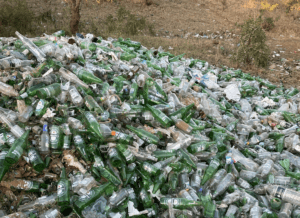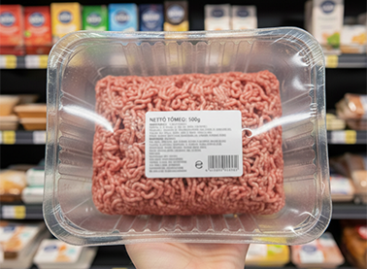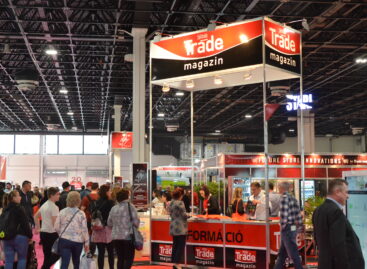According to domestic manufacturing, distribution and trading companies, a possible increase in EPR fees next year could have an inflationary effect.
The possible increase in extended producer responsibility (EPR) fees for packaging and products next year could have a noticeable inflationary effect, the professional organizations representing manufacturing, distribution and trading companies warned in a statement sent to MTI on Monday. In order to help the competitiveness of domestic companies, they asked the government to reduce next year’s EPR fees at least to the 2024 level.
 The 2026 EPR fees should be announced by November 30, 2025, according to legal requirements. If this were not to happen, the fees would automatically increase by the rate of inflation planned for 2026.
The 2026 EPR fees should be announced by November 30, 2025, according to legal requirements. If this were not to happen, the fees would automatically increase by the rate of inflation planned for 2026.
At the same time, attention was drawn to the fact that the affected businesses would certainly not be able to manage the fee increase in the tough economic environment. The increase in EPR fees next year thus carries the risk of price increases – to varying degrees depending on the product and company – primarily for food and household goods.
In addition, based on a recently adopted legislative amendment, fees may change during the year; the last time EPR fees were increased was in October 2025, which made business planning unpredictable for companies.
For all these reasons, professional organizations consider preventing further increases in fees as a priority, while indicating that abolishing the possibility of mid-year fee changes, making the waste management system transparent, and optimizing its operation could further help the competitiveness of domestic enterprises.
Domestic manufacturers, distributors and traders jointly request that the government reduce next year’s EPR fees to at least the 2024 level and announce all this by the November 30 deadline, thus helping to reduce inflation and the competitiveness of Hungarian companies, especially SMEs – reads the statement, which was also signed by the Association of Responsible Food Producers, the Hungarian Confectionery Manufacturers’ Association, the Hungarian Meat Industry Association, the Hungarian Refrigeration and Canning Industry Association, the Hungarian National Trade Association, the Hungarian Bakers’ Association, the National Association of Plant-Based Food Producers and Distributors, the Printing and Paper Industry Association, the National Trade Association and the Milk Interprofessional Organization and Product Council.
According to the statement, the unanimous position of professional associations and economic actors is that within the framework of the concession waste management model introduced in 2023, one of the most expensive EPR systems in Europe operates in Hungary, which is unfavorable for the competitiveness of domestic manufacturers. According to EU rules, the EPR fee covers the real justified costs of the selective collection and utilization of certain products and packaging placed on the market after they become waste.
Related news
Five WorldStar Packaging Awards 2026 for Rondo!
🎧 Hallgasd a cikket: Lejátszás Szünet Folytatás Leállítás Nyelv: Auto…
Read more >









